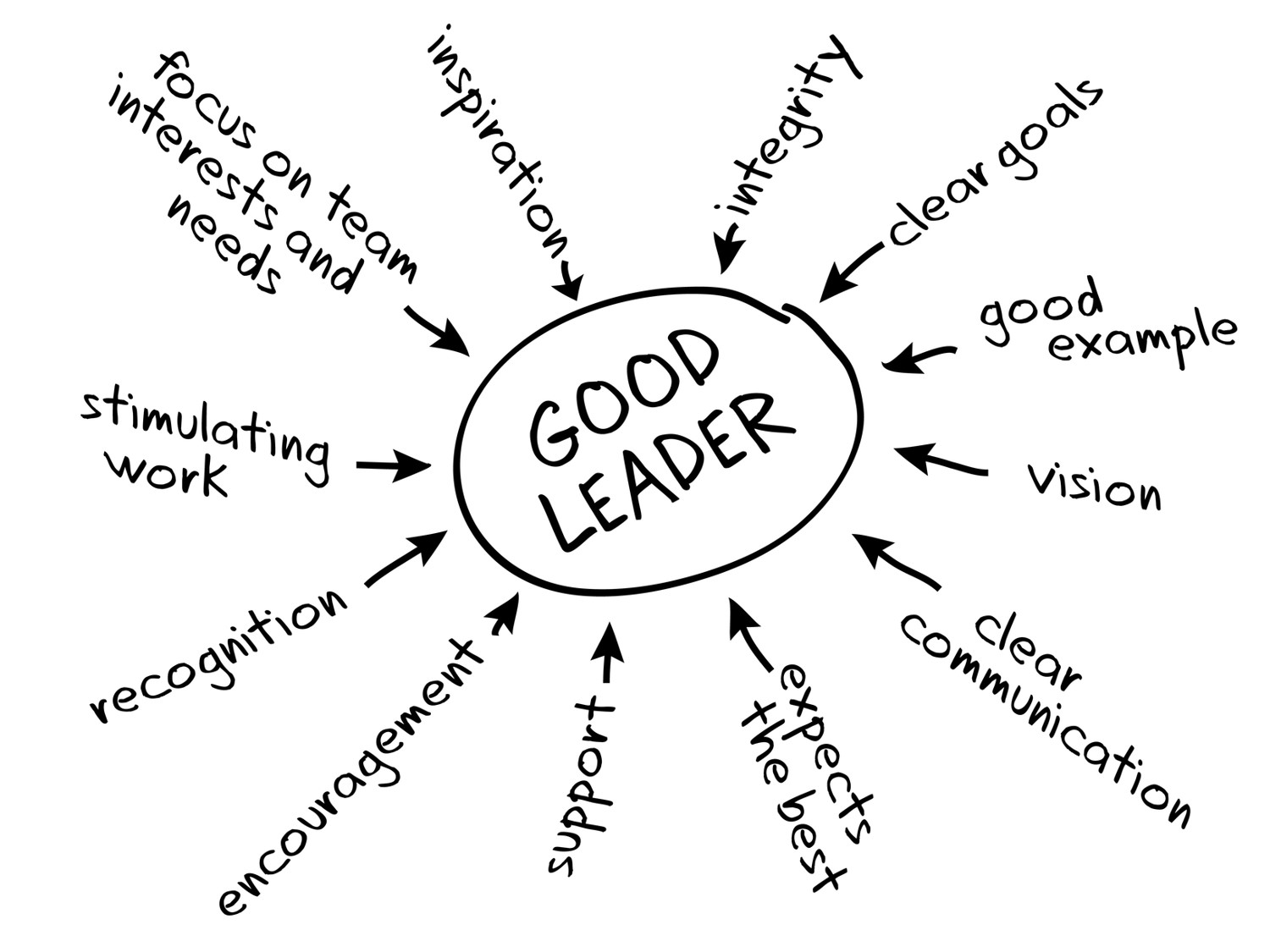I want to have a heart to heart with Sales Managers/Executives. Sales people and others can listen in if you want.
We need to have a serious discussion about your performance. Yeah, I know we always tend to talk about the performance of our people, but we need to focus on your own performance. After all, the data on sales management turnover is pretty disturbing—the average longevity in the job is 20 months.
Sales management, at every level, is a tough job. We are expected to perform—that is make the numbers. If we don’t, executive management will quickly look for someone who will.
We all know the challenge, yet too often, I see managers spending too much time doing things that don’t directly impact their own performance.
In the last year, I’ve seen all sorts of reactions to the challenge of managers improving their own performance.
Some sit in their offices, hiding behind reports and analytics. They look for solace and solutions in the numbers. Some leverage the numbers to provide excuses, I mean answers, to their management. “The market is down for everyone, our performance is comparable to the competitors, Our products are no longer as competitive as they need to be, We’ve had retention problems due to poor customer experience/service, Our people don’t have the right skill levels…..” Don’t get me wrong, we have to look at data to start to diagnose and understand the problems/challenges we face, but we always have to do something about it–not just report on it.
Others are very action oriented. They start barnstorming the customer base, they move into the “Salesperson-In-Chief” role, swooping in to close a deal, then moving to the next, then the next, never really taking time to understand the problem, but believing in their own superior sales abilities, trying to close every deal they can. There are all sorts of problems with this approach, the simplest of them is the math of this approach never works out. If the sales manager becomes sales person in chief, they step from the leadership role into an individual contributor role. Even if they did that full time, they could never achieve better numbers than a top performer in an individual territory–they have no leverage in the organizational attainment (a collection of multiple territories).
There’s another challenge with that approach, these sales managers start separating themselves from their teams. They take the ownership and engagement away from the people on the team. Yes, perhaps the manager is dictating the “to-do’s,” but fundamentally, nothing happens unless the sales manager does it.
The math just doesn’t add up, if the sales manager can make the numbers by the barnstorming, deal making mode, then why are there sales people?
Then there are those that get in command and control mode. These are not very different than the barnstorming manager, except they never get in front of a customer. They start dictating from behind a desk. They start issuing orders to each sales person. Again, they take ownership of everything away from the sales person. Sales people become pawns executing the wishes of the sales manager. Of course, since the sales manager isn’t in front of customers, they don’t know what’s going on, so their “orders” may be misguided. But, even worse, these managers suck selling time out of the organization–just when it’s most critical. People are always doing status reviews and updates, they are reporting to the managers, asking what to do next. They have to wait until the sales manager decides.
Alternatively, these managers start commanding actions, without knowing what actions are impactful. They’ll double down on all the activity measure—more prospecting calls, more sales calls, more demos, more first customer meetings, more deals in the pipeline…. Again, they don’t understand what’s driving the performance issues, they just believe more is better, when what they may be doing is simply creating more performance problems.
If we step back, sales manager performance is pretty easy to understand and diagnose, particularly that of front line sales management.
Our jobs a sales managers is, conceptually, pretty simple. It’s to maximize the performance of our people. If they are performing well, then it’s highly likely we are performing we are performing well. All the other stuff is pretty much window dressing.
As we look at performance issues, it’s really about looking at each of the people on the team. How is each performing? What do we do to help each perform at the highest levels possible?
The tools we have to help address performance are pretty straightforward. Coaching is the single highest leverage tool available in helping our people improve. Yet too often, managers aren’t coaching, or are coaching poorly. Sales managers must be spending at least 50% of their time, coaching them and helping each improve their performance.
Again, it’s pretty simple, if each person is performing, then it rolls up and means we are probably performing.
There are other critical tools: Do we have the right people, are we providing them the systems, training, tools, processes to help them be effective and perform, are we removing the roadblocks and barriers to their effectiveness, have we set clear performance expectations and do our people own them? Are we addressing ongoing performance issues, or are we hiding from them?
As managers and leaders, our performance is all about our people’s performance. Yet too often, we seem to treat those separately. We can’t be top performers in our roles, unless we maximize the performance of our people.
What are you doing to help your people perform at the highest levels possible? It’s the best way to make sure you are performing at the highest levels possible?
Afterword: For pragmatic advice on maximizing your own performance, take a look at Sales Manager Survival Guide. It’s your roadmap to your team and your own success.

Leave a Reply